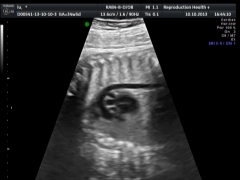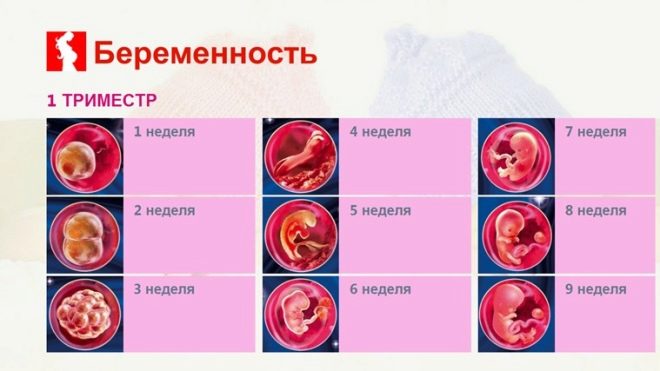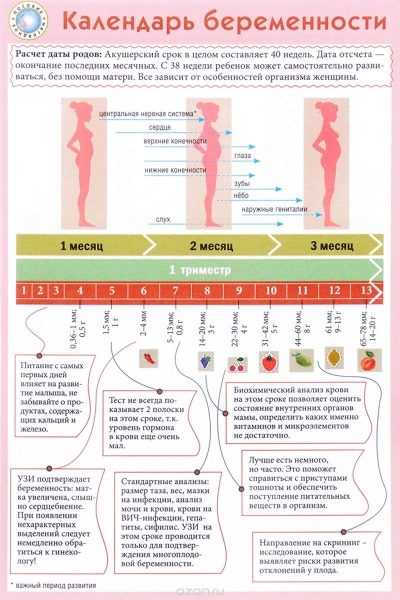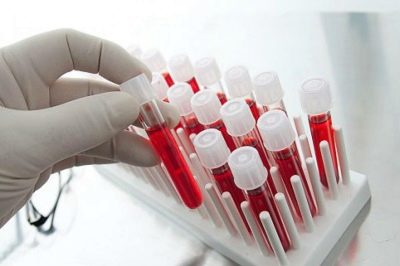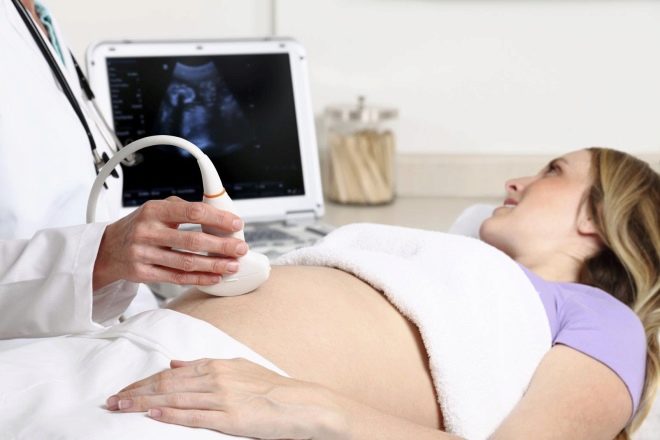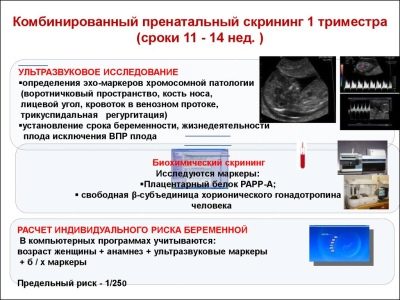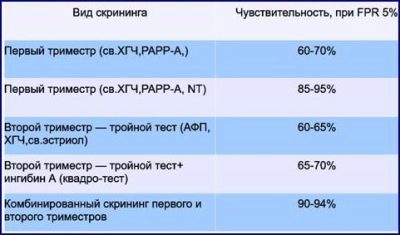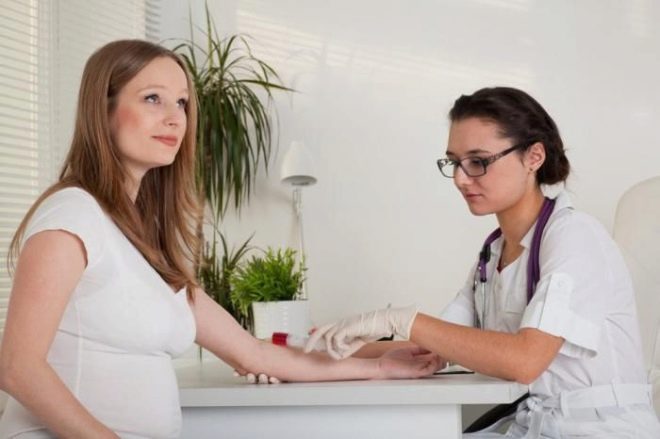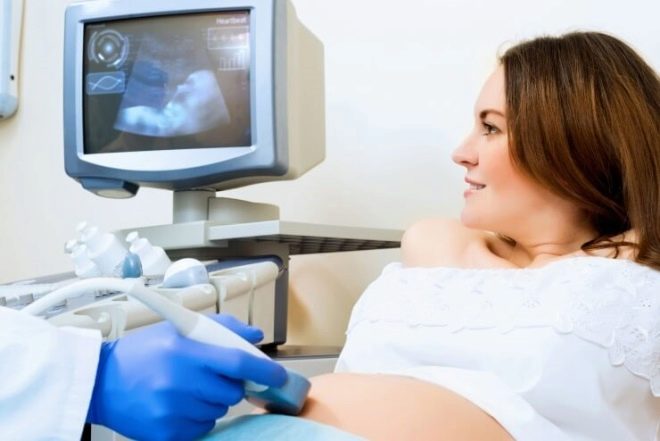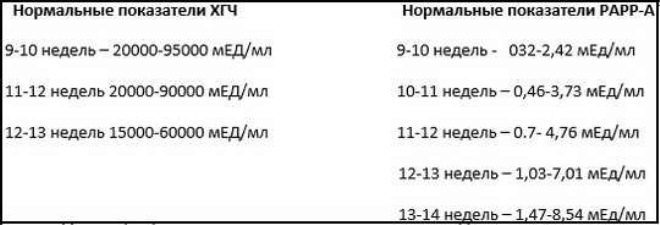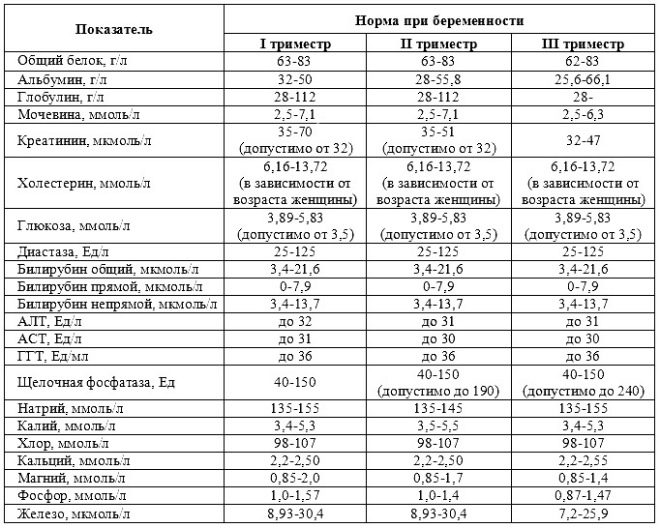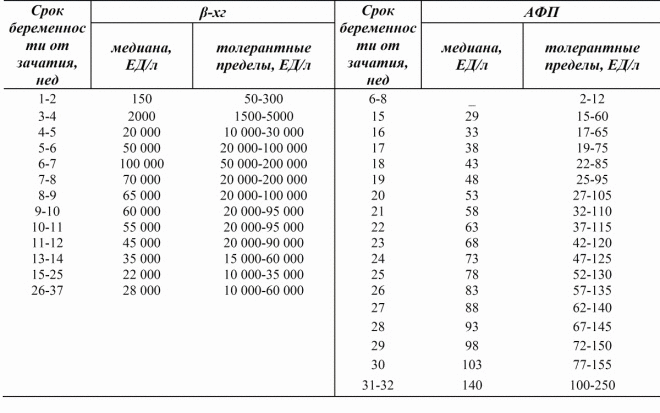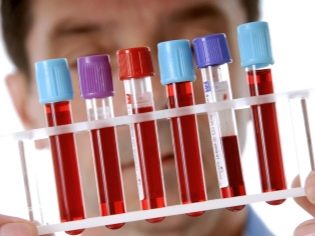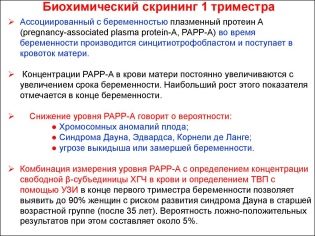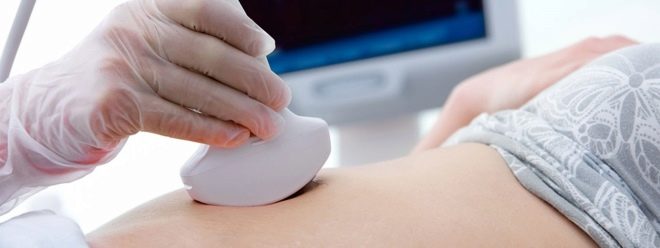Biochemical screening in the first trimester
To assess the normal course of pregnancy many different studies are conducted. A complex of such prenatal diagnosis is called screening. This article will help future moms understand what biochemical screening is and when it is done.
What is screening for?
During pregnancy, it is very important to assess not only the condition of the future mother, but also her baby. For such a comprehensive assessment, the doctors invented screening. This is a complex of various diagnostic measures that allow to identify various pathologies of pregnancy at the earliest stages of their formation.
The first biochemical screening is carried out in 1 trimester of pregnancy. Early childbearing is very important. It is at this time that all vital organs begin to be laid. The development of pathologies in this period can lead a variety of reasons.
To identify such abnormalities in pregnant women and allows biochemical screening.
It should be noted that the introduction of prenatal screening in our country was not accidental. Such measure allowed to reduce maternal mortality several times. Also, screening reduces intrauterine death of the fetus at different periods of its development. These simple and effective analyzes help to identify "dumb" diseases of internal organs in the future mom, thereby improving the prognosis of pregnancy.
The name "biochemical" this screening was not accidental. For research is needed biochemical serum. All analyzes are absolutely safe and painless. The accuracy of the result depends largely on the quality of the manipulation of the blood sampling, as well as on the diagnostic devices that are in the laboratory.
In some cases, held and genetic screening. It allows you to identify various chromosomal diseases that have family inheritance. Such a screening plays a very important role. It helps in a timely manner to identify various serious genetic diseases in the period of the child’s development inside the womb of the mother.
Following, second biochemical screening held in the 2nd trimester of pregnancy. In this case, other diseases of intrauterine fetal development are excluded. In this case, the list of analyzes varies slightly. This is due to various pathologies that occur during different periods of pregnancy.
The third screening in the last trimester of pregnancy is carried out. for certain medical conditions. Many mummies before carrying out each of these diagnostic systems begin to worry a lot. Panic is not worth it. Future moms should take this study as a necessary diagnosis, important for a good pregnancy.
All biochemical studies can not cause pregnant women any dangerous effects.
Trimester is a gestation period of three months. Also, this time period is often called 12 obstetric weeks. These medical terms are mainly used by obstetrician-gynecologists when they describe the duration of pregnancy.
Doctors recommend screening absolutely all pregnant women. It is especially important to pass these studies to the following decreed groups:
future moms who have conceived a baby at the age of over 35;
pregnant women with a high predisposition to miscarriages or frequent abortions in history;
future moms who have had a viral or bacterial infection in the first 2 weeks from the moment of conception;
pregnant women who take immunosuppressive or hormonal drugs against the background of their pathologies;
future moms who have cases of genetic or chromosomal disease in the family;
women who already have one or more babies who have signs of serious pathologies of the nervous or cardiovascular systems, including those with congenital heart defects;
future moms whose doctors have determined the clinical signs of "frozen" pregnancy.
The duration of the first biochemical screening for most women falls for the period from 11 to 14 obstetric weeks. Doctors believe that doing the research data previously does not make any sense. Experts believe that the previously obtained results are not reliable and correct. To establish some pathology in this case is almost impossible.
12 weeks is the time when the fetal period of development of the future baby begins. At this time, the child’s organ systems are already beginning to differentiate. From this moment on, a very small embryo turns into a fetus. It already reminds more of an adult human body in its functioning.
What are these tests?
One of the most important indicators, which is estimated in the first trimester of pregnancy, is considered the b-subunit of human chorionic gonadotropin or hCG. Doctors also evaluate another criterion called PAPP - A. This is a plasma peptide associated with carrying a baby.
With the help of PAPP-A, various genetic diseases can be assessed. According to its chemical structure, this substance is a protein or peptide. It is synthesized by the placenta. This active substance is perfectly manifested exactly in 12-13 weeks.
It is especially important to investigate PAPP -A pregnant women who have cytomegalovirus or hepatitis infection in their blood.
It is also very important to determine this peptide to future moms who, when carrying a baby, are already 35 years old and older.
Training
It’s still worth preparing before the biochemical screening. Proper preparation will provide a more reliable and accurate result. Doctors warn that taking biochemical studies should be strictly on an empty stomach. It is better to conduct such a study in the morning.
In order not to get an excessive glucose level in the blood test, the expectant mother you should not eat a lot of sweet on the eve of the study. Gynecologists also recommend drinking enough fluids for some patients.
Strongly change your usual diet on the eve of the biochemical screening is not worth it. In order not to get distorted results, dinner on the eve of testing should be as easy as possible. All fat and fried foods should be excluded. Such food can lead to an increase in blood cholesterol levels.
In order to reduce allergic manifestations, also you should not use citrus, nuts, chocolate and seafood on the eve of the biochemical dough. These products also should not be eaten by women who have no history of allergies. During pregnancy, allergic reactions may occur for the first time.
Severe stress can also lead to incorrect results. The first biochemical screening is a very exciting time. However, worrying and panicking a pregnant woman is not worth it.In order to reduce anxiety and suspiciousness, on the eve of the performance of the diagnostic complex, the future mommy can go to the park or the square and just walk in the fresh air. This will help the pregnant woman to calm down and recover.
Norms
The level of the active peptide PAPP-A largely depends on which week the study is conducted. At 12 weeks, the values of this indicator range from 0.8 to 4.76 mU / ml. At 13 weeks, this laboratory criterion is already rising to 1.03 - 6.02 mU / ml.
HCG is a baseline pregnancy rate. The initial weeks of pregnancy are accompanied by a gradual increase in this indicator. Only by the end of the 36th week of childbearing hCG is reduced. This physiological feature is necessary for the birth to occur at the end of the third trimester.
Already by the 8th obstetric week, the average concentration of hCG in the blood is 65,000. Excess of this indicator may indicate not only the presence of some pathology in the female body, but also that the future mother will soon have twins or triplets.
Also, a similar situation develops if a pregnant woman has diabetes.
Decoding results
PAPP - A is a very important indicator of the normal course of pregnancy. If the obtained values of this laboratory criterion are within normal limits, then you should not worry. According to analysis alone, doctors cannot make any conclusion.
If this indicator significantly exceeds the norm, then this is not yet the reason for making a diagnosis of a genetic disease. In this case, gynecologists prescribe pregnant additional research. PAPP-A values significantly exceed normal values for Down syndrome. Also, the excess of this indicator occurs on the eve of a spontaneous abortion or spontaneous miscarriage. Raising PAPP - A is a very important indication for an ultrasound scan.
Significant excess hCG occurs with possible genetic abnormalities. In this way, Edwards syndrome can also occur. Also, the excess of this laboratory criterion in combination with other indicators may be with toxicosis. The increase in hCG also occurs with placental insufficiency. In this case, to exclude this condition, ultrasound is necessarily performed.
To assess the risk of the onset and development of a genetic disease, doctors use a special PRISCA scale. In his conclusion, the doctor must indicate the degree of risk of a chromosomal abnormality. Be sure to also indicate the coefficient Multiple of median (MoM). It is calculated using a special computer program, where the doctor enters the initial obtained values of biochemical tests.
MoM is considered the norm in the range from 0.5 to 2.5. To calculate this indicator, not only the results of analyzes are taken into account, but also belonging to a particular race, as well as the age of the pregnant woman and the presence of concomitant diseases of the internal organs.
Mommies who have undergone biochemical screening, speak of such a diagnosis is very ambiguous. Some of them note that the results were inaccurate and they had to repeat the study several times.
Many mommies believe that conducting biochemical screening without an ultrasound is completely unjustified.
Can be screened in a free clinic. In this case, the medical institution should have the necessary material and technical base and a good laboratory. Ordinary women's clinics can not boast. This leads future moms to private centers.
The cost of comprehensive screening in such medical institutions varies considerably. On average, it ranges from 6,000 to 10,000 rubles. If a woman has any concomitant pathologies, the cost of biochemical screening may be higher.To pass or not such a complex of studies in a private clinic, each future mother decides for herself individually.
For more on what screening for the first trimester includes, see below.
